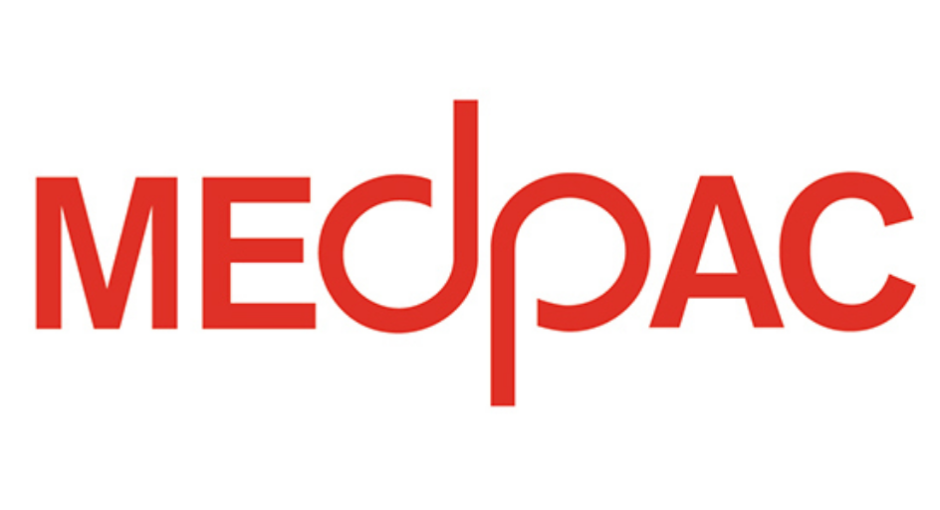Congressional Medicare policy advisers today recommended Medicare Part B drug reimbursement changes that hospitals say would amplify the effect of Part B drug payment cuts for 340B hospitals in place since 2018.
The Medicare Payment Advisory Commission (MedPAC) made the recommendations in its annual June report to Congress, released today. MedPAC provided 340B Report with an embargoed copy. MedPAC reports to Congress twice a year, in March and June.
The commission voted in April to include the recommendations in the June report. Congress would have to pass legislation implementing the recommendations in order for them to take effect. It does not always take MedPAC’s advice.
The hospital outpatient prospective payment system (OPPS) has two policies that provide separate payment for drugs under Part B: the pass-through policy and the separately payable non-pass-through (SPNPT) policy.
Drugs with pass-through status are paid at the rate of average sales price (ASP) + 6%, for 340B and non-340B hospitals alike. SPNPT drugs are paid at ASP – 22.5% for 340B disproportionate share hospitals, urban sole community hospitals, and rural referral centers, and at ASP + 6% for all others.
MedPAC advised Congress to:
- direct the HHS Secretary to modify the pass-through policy in OPPS so that it includes only drugs and biologics that function as supplies to a service, and applies only to drugs and biologics that are clinically superior to their packaged analogs
- require the Secretary to specify that the SPNPT policy in OPPS applies only to drugs and biologics that are the reason for a doctor visit (for cancer treatment, for example), not for an ancillary purpose, and that meet a defined cost threshold ($130 per day in 2020).
AHA urged MedPAC in April not to include the recommendations in the June report.
AHA said the first recommendation would mean that expensive drugs to treat cancer and other serious diseases and conditions would be walled off from pass-through status and paid instead at the SPNPT rate. “For 340B hospitals, this change would result in a nearly 30% reduction in payment (from ASP + 6% to ASP – 22.5%) for these life-saving drugs,” it said.
It said the second recommendation to change the SPNPT policy “could harm 340B hospitals and the ability of their patients to access these drugs.”
“MedPAC’s proposed change would place more financial strain on 340B hospitals, which have already shouldered significant cuts in reimbursement due to prior Part B payment changes,” and “have endured significant financial hardship as they remain on the front lines of the ongoing COVID-19 pandemic,” AHA said.
The 28.5% reduction in Part B reimbursement for hospitals’ 340B-purchased drugs has been in place since 2018. It has been continued under successive annual U.S. Centers for Medicare & Medicaid Services’ (CMS) hospital outpatient prospective payment system (OPPS) rules.
CMS’s first proposed OPPS rule under the Biden administration is awaiting White House clearance for publication. It is not known whether the new administration will keep, end, or change the drug payment cut for 340B hospitals.


